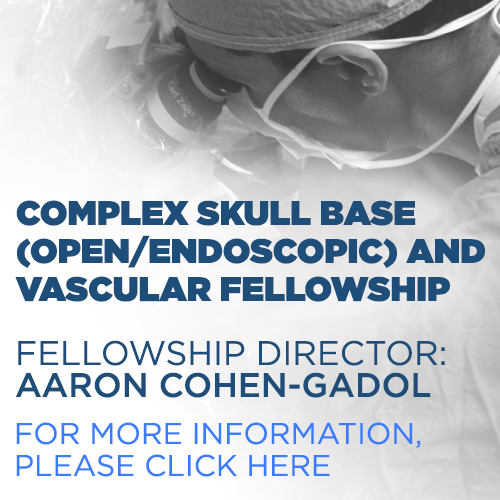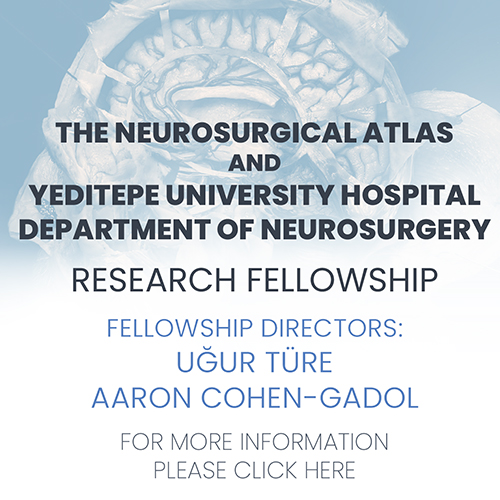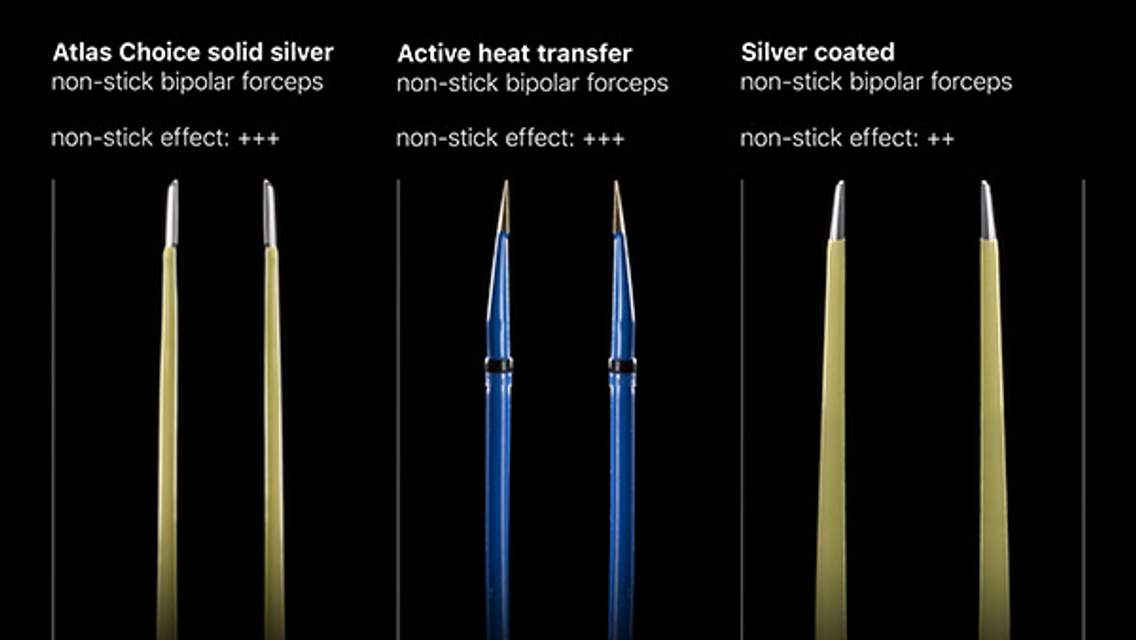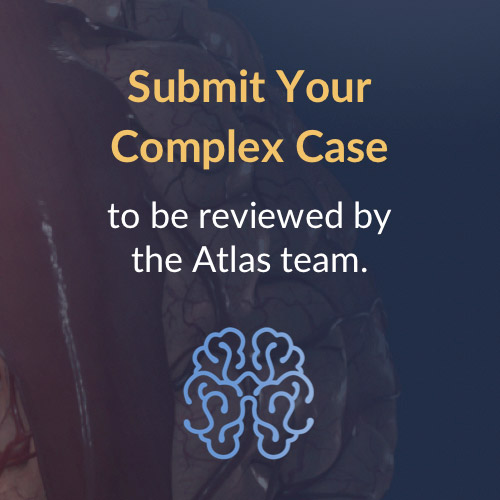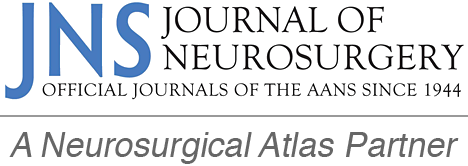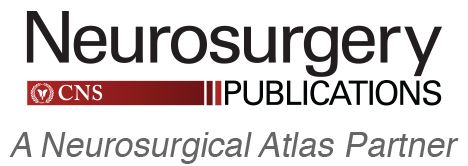Ranking Programs
General Information
International medical graduates (IMGs) must register with the Educational Commission for Foreign Medical Graduates (ECFMG). The ECFMG is responsible for evaluating the qualifications of IMGs before they can take the United States Medical Licensing Examination (USMLE) or apply for US graduate medical education.
In the United States, neurological surgery residency programs participate in the National Residency Matching Program (NRMP). The Electronic Residency Application Service (ERAS) is a separate organization that requires another registration separate from that of the ECFMG. After medical education verification, IMGs must request a token from the ECFMG for access to the ERAS application.
An important consideration is that IMG applicants can waste time and resources applying to residencies in states that have limited training permits, so it is crucial to verify your eligibility for each US state and program before applying. The Fellowship and Residency Electronic Interactive Database Access Online (FREIDA) and Accreditation Council on Graduate Medical Education (ACGME) directories are great resources for researching program eligibility. In addition, use the Directory of State Medical and Osteopathic Boards on the website of the Federation of State Medical Boards for access to state-specific medical board information.
These resources will help you to eliminate states and programs that have licensure restrictions for foreign medical graduates, to find out if there are limits on the number of USMLE attempts, and to obtain other pertinent deadlines and information. Overall, procedures and deadlines for sponsoring visas vary widely and, therefore, should be researched on a program-by-program basis before starting the application process.
For more general information, please also see the Ranking Programs chapter in this Atlas designed for US medical students.
The Match Algorithm
Nearly all residency programs in the United States use the NRMP, which uses a mathematical algorithm to find a stable match between applicants and residency positions. This algorithm is “applicant proposing,” which means that the preferences of the applicant are prioritized over that of the program. However, to match, both the applicant and the program must rank each other.
The algorithm attempts to place the applicant at his or her favored residency program, but if this match cannot be made, the algorithm goes down the rank list until a tentative match is made or no programs are left on the applicant’s rank list. This tentative match is made when the program has not yet filled the position or the applicant being matched is ranked higher on the program’s list than another applicant. The other lower-ranked applicant will then be rematched to the next program on his or her list if there is an unfilled position.
How to Make Your Rank List
According to the 2018 Charting Outcomes in the Match: IMG, both US medical graduates and IMGs were more likely to be successful if their rank list was longer for neurological surgery. In other words, those IMG applicants who successfully matched in neurosurgery had a longer list of contiguous ranks.
Remember that the match algorithm is preferential to the applicant’s choices, so make your list on the basis of your true preferences. The first step in making a good rank list is to think broadly and be honest with yourself—what do you want in a residency program? No program has everything you want, so prioritizing what is most important to you can help when it comes time to make a tough decision.
Taking note of what you liked and did not like during interview season will also help you. As you move through the interview season, make rough-draft rank-order lists and watch how they change after every interview.
In addition, there is a strict match communication code of conduct. It is unethical for the program or the applicant to disclose any information about ranking preferences or intentions. Applicants and programs should refrain from post-interview communication, and programs should not encourage a second visit or imply that a second visit would be used for rank-list placement.
In regard to competitive specialties, rank-order lists have been claimed to present difficult situations in which the codes of conduct are not always met. Remember that difficult circumstances in which a program makes demands of you or is too forward should be handled carefully with the help of your mentors in neurosurgery and faculty at your medical school.
Supplemental Offer and Acceptance Program
Match week occurs during the third week of March every year. Residency positions left unmatched are offered to eligible applicants at the start of this week through the Match Week Supplemental Offer and Acceptance Program (SOAP).
To participate in the SOAP, IMG applicants must be fully certified by the ECFMG to start graduate medical education on July 1 of that year. The Friday before match week, all applicants (matched and unmatched) will receive a notification of their SOAP eligibility. On Monday of match week, applicants who are unmatched or partially matched can participate in the SOAP, as long as he or she received the SOAP eligibility confirmation the previous Friday. The SOAP is not a rematch; it is a series of offers made by programs on the basis of a program’s preference list. It is made up of 3 rounds, during which an applicant can accept or reject any offer made.
Applicants can access the list of unfilled programs in the Registration, Ranking, and Results (R3) system to identify the programs for which they want to apply. You would submit SOAP applications through the ERAS. There, you can complete up to 45 applications for eligible programs for all 3 rounds of the SOAP.
Participating programs review ERAS applications and can begin contacting eligible applicants beginning Monday afternoon of match week. The SOAP also has a strict communication code of conduct. No applicant, dean, or mentor should contact a program on the applicant’s behalf during the SOAP.
Programs initiate communication with an interview invitation. Most interviews are then conducted by telephone. During the SOAP, programs create preference lists, but applicants do not provide any rank-order lists. The 3 offer rounds, which last for 2 hours each, are conducted between Wednesday and Thursday, and the offers are accepted or rejected through the R3 system. Lists of unfilled programs are updated after each round.
Overall, the process during match week can be overwhelming, especially for applicants who discover that they are unmatched. Remember that on the Friday before match week, all applicants receive confirmation of their eligibility to participate in the SOAP. The Monday of match week is the day on which applicants find out if they matched, but they do not find out where they have matched. The Friday of match week is the day on which applicants who have matched find out where they will be completing their graduate medical education.
Please login to post a comment.

